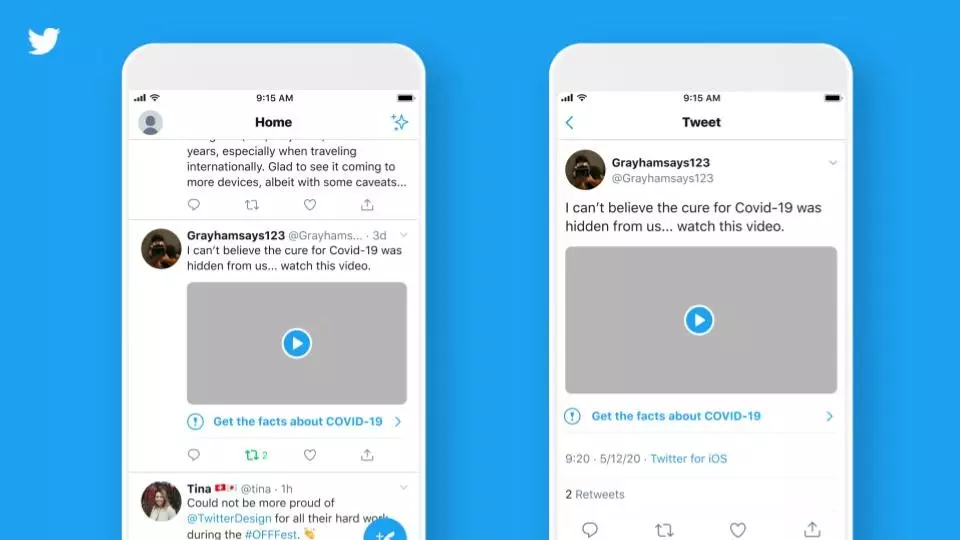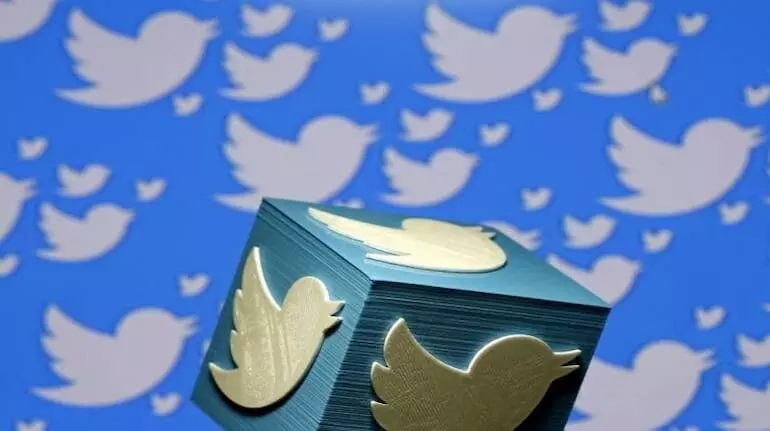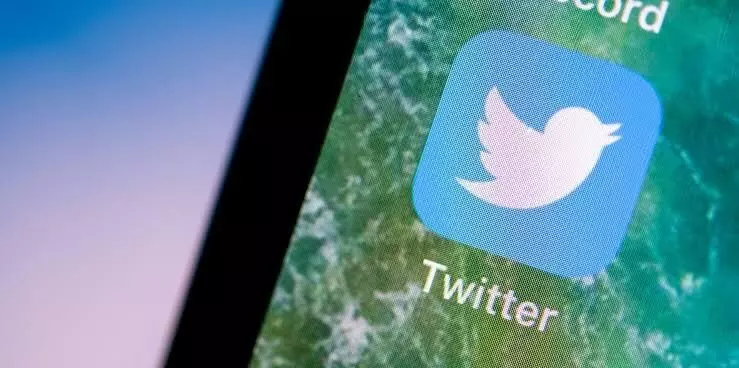
Censorship in disguise
text_fieldsImage for representation only
The ultimatum given by the Central government to the internet entity Twitter is not only a sign of the toughening of its war with social media. It also is an indicator of the government's priorities showing the contrast between its vigilance and rigidity on this issue on the one hand and its laxity on several urgent issues including Covid prevention on the other. The deadline the Central IT ministry set for social media platforms, in line with the ministry's guidelines, to appoint a special grievance officer was over on May 26. The latest deadline is said to be prompted by Twitter's failure to fully comply with this directive. The essence of the ultimatum is that the protection available to the content posted on Twitter under Section 79 of the IT Act will be withdrawn it fails to comply. In addition, the firm will face legal action about its content. More than taking down posts that the government asks the firm to remove, the new section in question of the IT Act lays down that the firm is bound to disclose information about the source of messages to the government. The site owner has also to appoint special officers to enforce the orders issued by the government about the content posted on it. When the non-compliant firms lose their 'safe harbour' protection, the firms will have to bear liability for any and every post by themselves regardless of who posts them. Although Twitter has pleaded that it has posted grievance redressal officers, the Centre deems it insufficient. But then, although the government claims that the aim of the reform is to protect the interests of the people and the country, the real motive is to rein in social media.
As a matter of fact, the intermediary platforms like Twitter, Facebook, WhatsApp, Instagram and Signal are also popular media in the domain of communication business and they are run by foreign companies. Naturally the welfare of the customers or of their countries will not be a guiding consideration of the firms. It is also true that fake news and misleading content do get transmitted through them which has potential to, and do harm to different sections of people. Even as we accept that social media are the open space provided by social media for receiving and transmitting information, their possible negative impact need to be minimised as far as possible. That said, circumstances do not compel any one to believe that the aim of the Central government is to make available to the people their benefits from the people's side and to mitigate their drawbacks. The Centre is now ruled by a party which had stormed to power taking utmost capital out of the possibilities of social media (including fake news). And there is copious material available ranging from books and international reports which prove that the focus of the party's cyber warriors is not on information transmission, but on propaganda. There are instances where the government refrained from action even when it knew about the fake posts propagated by quarters aligned with with the current ruling dispensation. While the establishment did not move against mob lynchings that took place based on concocted rumours despite laws in force to stop such culprits, it is overzealous to rein in online platforms; evidently, maintaining social order is not its prime concern. Criticisms at national and international levels have been rife against the government on the economic front and about its handling of the health sector and civil and human rights. And it is no secret that the regime is ceaselessly attempting to remove the content critical of it in social media pages including Twitter, the latest example being the directive the government issued to the platform against the Twitter handle of cartoonist Manjul.
The government is evidently putting a hurdle on fair and reasonable criticisms. When severe reproaches were raised during the farmer protests, Twitter had refused to obey the order to remove such posters. When certain BJP leaders floated tweets against the Opposition with false allegations Twitter displayed its label cautioning about fake content, which upset the government. It is obvious that the current attempt is to force these platforms to fall in line. T h new rules, brought in without adequate debates and consultations, are clearly aimed at media muzzling. Social media platforms will be safe if they keep removing content at the instance of the government or its camp as and when they demand it. In short, what it all amounts to is that one can spread false matter if it is in favour of the government, and even just disagreements will be blocked if they are not. This censorship in disguise is sure to lower the level of media freedom in the country.
























